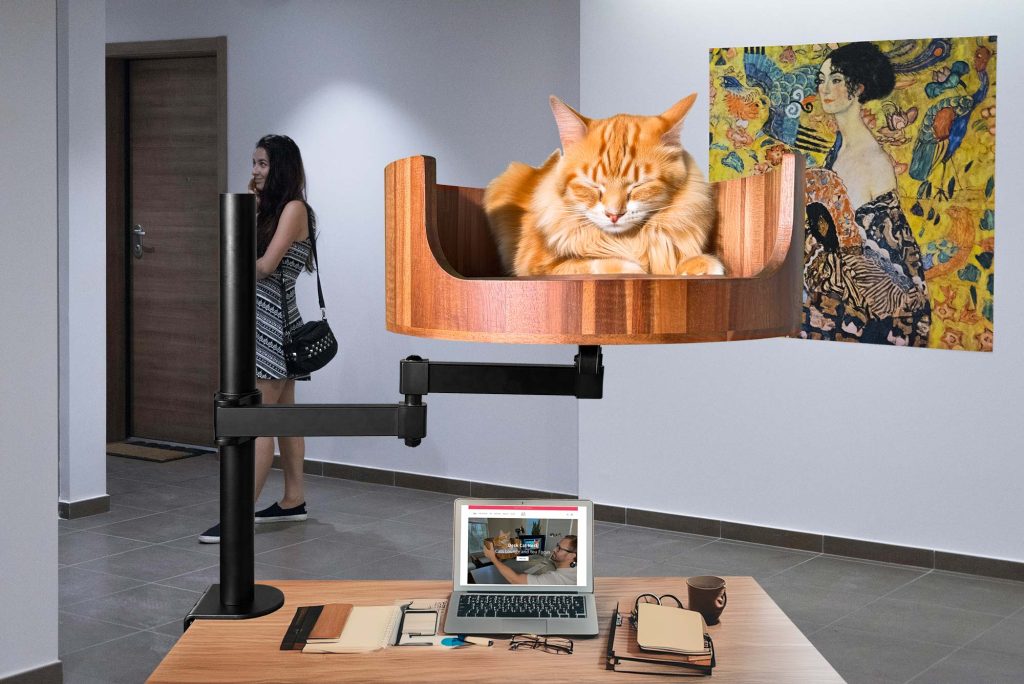If you’ve recently welcomed a litter of kittens into your home, you may be wondering how long your cat will continue to bleed after giving birth. In this article, we will explore the key insights into postpartum bleeding in cats and provide you with important information to help you care for your feline friend during this time.
Cat bleeding after giving birth, also known as lochia, is a normal process that occurs as the mother cat’s body expels the remaining tissue and fluids from the birthing process. Typically, this bleeding can last anywhere from a few days to a couple of weeks, depending on the individual cat and the size of her litter. It’s important to monitor your cat’s bleeding and keep an eye out for any signs of excessive bleeding or distress. By understanding the timeline and potential complications of postpartum bleeding in cats, you can ensure the health and well-being of both your cat and her new kittens.
1. Cats typically bleed for a few days after giving birth, with the discharge gradually decreasing over time.
2. Excessive bleeding or bleeding that lasts longer than one week may indicate a health concern, such as retained placenta or uterine infection.
3. It is essential to monitor the cat’s bleeding closely and consult a veterinarian if there are any concerns.
4. Providing a clean and quiet environment for the mother cat and her kittens is crucial for their health and well-being.
5. Proper post-natal care, including monitoring bleeding, is essential for ensuring a successful and healthy recovery for the mother cat.
When Does a Cat Start Bleeding After Giving Birth?
After giving birth, a cat may experience postpartum bleeding known as lochia. This can vary in duration and severity among individual cats. Typically, a cat may start bleeding a few hours after giving birth, with the bleeding gradually decreasing in the following days. However, if the bleeding is heavy or continues for an extended period, it may indicate a potential complication that requires veterinary attention.
Causes of Prolonged Bleeding in Cats After Giving Birth
Prolonged bleeding in cats after giving birth can be caused by various factors such as retained placenta, uterine infection, or trauma during birth. Retained placenta can lead to infection and excessive bleeding, while a uterine infection can result in prolonged bleeding and other serious health issues if left untreated. Trauma during birth, such as a tear in the birth canal, can also cause prolonged bleeding in cats.
Treatment for Prolonged Bleeding in Cats After Giving Birth
If a cat is experiencing prolonged bleeding after giving birth, it is essential to seek veterinary care promptly. Treatment for prolonged bleeding in cats after giving birth may include medications to control bleeding, antibiotics to treat infections, and possibly surgical intervention to remove retained placenta or repair any birth canal tears. The sooner the underlying cause of the prolonged bleeding is identified and treated, the better the prognosis for the cat.
Desk Cat Nest FAQ
How long does a cat bleed after giving birth?
The bleeding that occurs after a cat gives birth is known as lochia. This discharge can last for up to 1-2 weeks after giving birth. If bleeding continues beyond this time frame or if there is excessive bleeding, it is advised to consult a veterinarian.
Is it normal for a cat to bleed after giving birth?
Yes, it is normal for a cat to experience bleeding after giving birth. This is a natural part of the postpartum process and should decrease over time. However, if you notice any abnormal or excessive bleeding, it is recommended to seek veterinary advice.
How can I help my cat during the postpartum period?
During the postpartum period, it is important to provide your cat with a quiet and comfortable environment. Make sure she has access to clean bedding, fresh water, and nutritious food. Monitor her closely for any signs of distress or complications and consult a veterinarian if needed.
Should I be concerned if my cat’s bleeding does not stop?
If your cat’s bleeding does not stop after 1-2 weeks or if it appears to be excessive or accompanied by other symptoms such as lethargy or loss of appetite, it is important to seek veterinary attention as soon as possible. This could indicate a potential medical issue that requires immediate treatment.
In conclusion, providing a comfortable and safe environment for your cat after giving birth is crucial for her recovery. A Desk Cat Bed offers the ideal solution by giving her a cozy place to rest and nurse her kittens. The raised design helps prevent bleeding from becoming excessive and promotes healing. Additionally, the soft cushioning provides support for her postpartum body, ensuring she can recover quickly and comfortably. Invest in a Desk Cat Bed to ensure a smooth and stress-free postpartum period for your feline friend.


